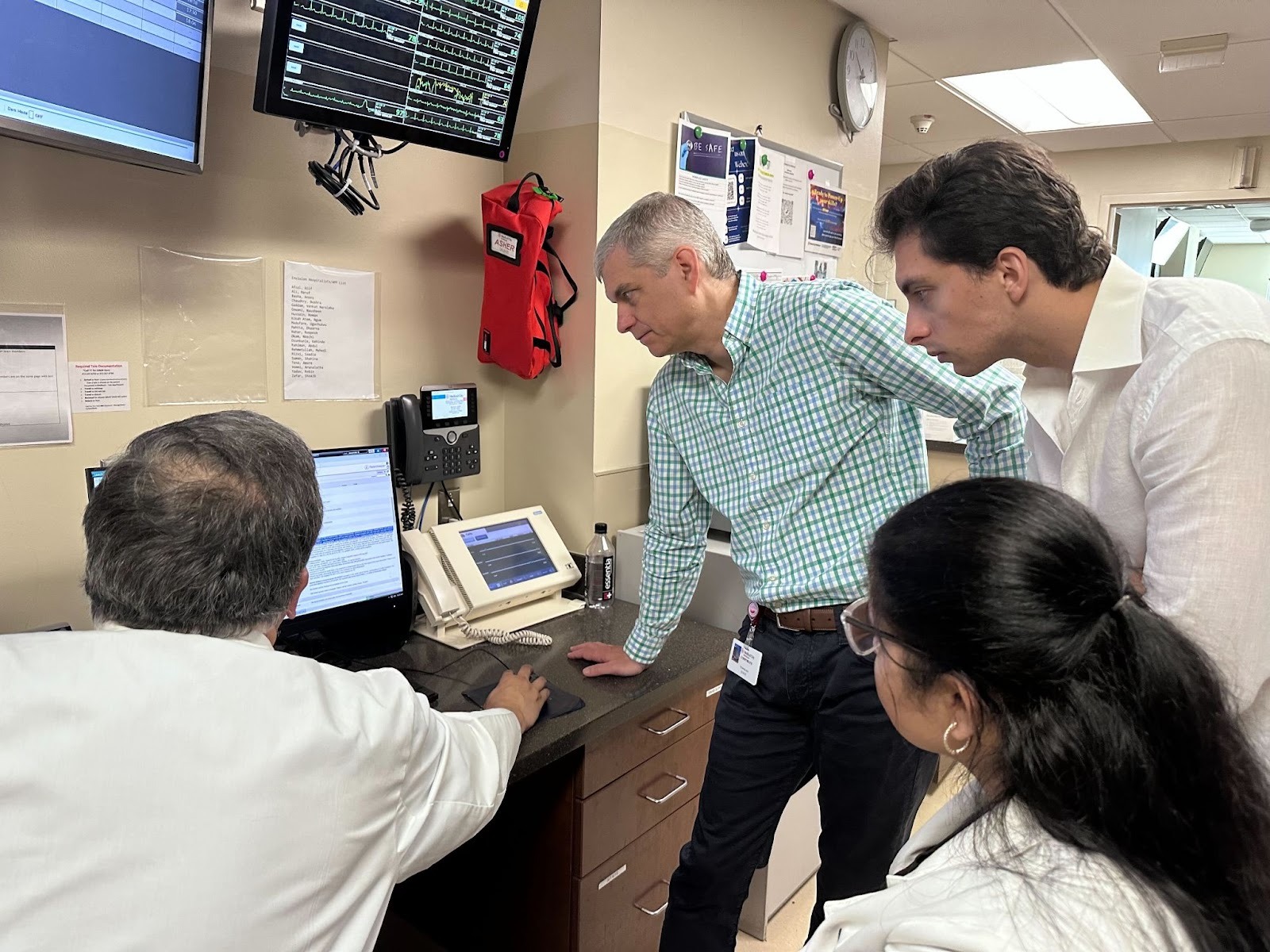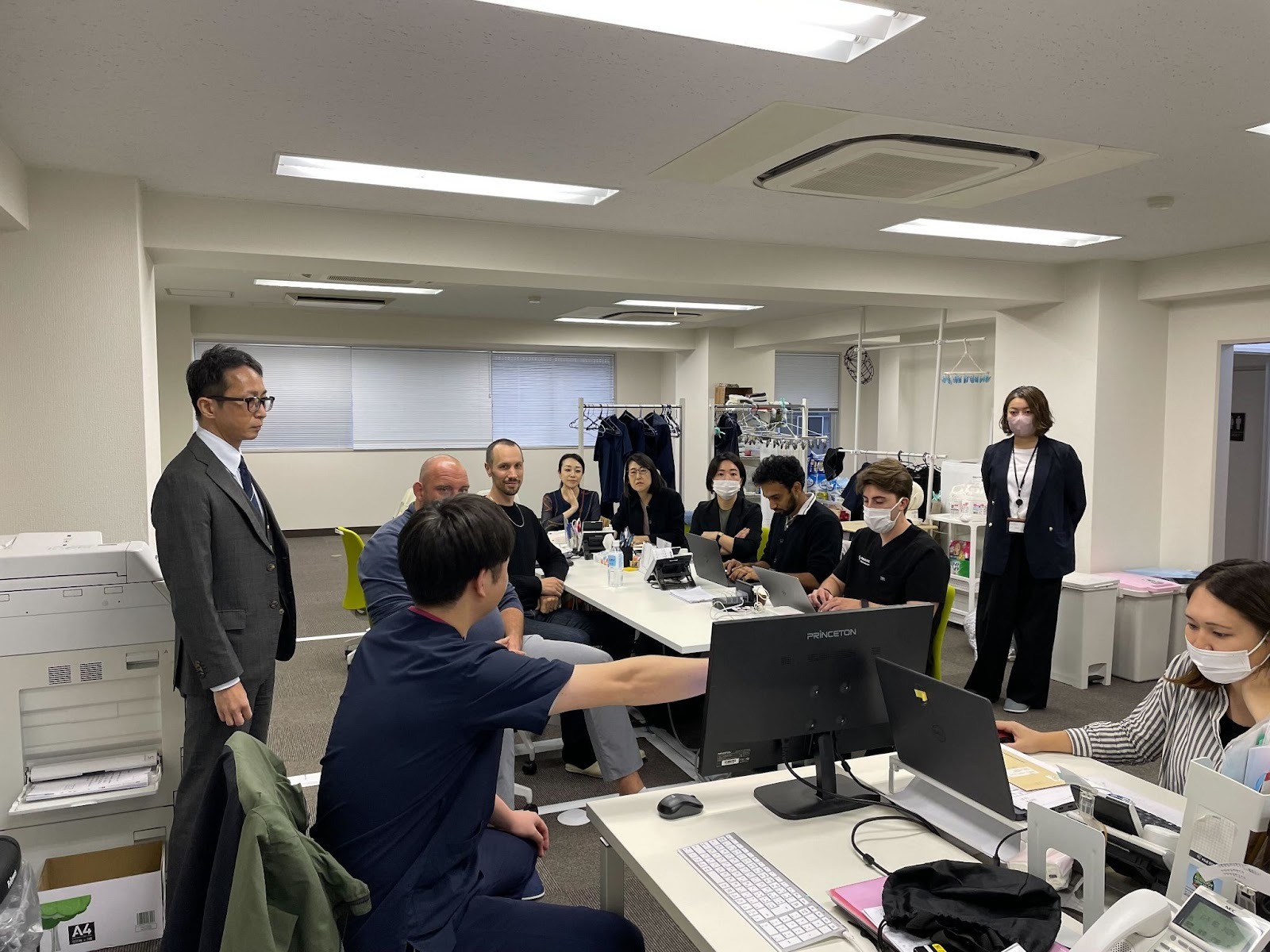No-shows continue to be a challenge in healthcare, with missed visits draining healthcare resources and impacting patient care outcomes. An MGMA poll found 88 percent of practices reported no-show rates staying the same or increasing versus 2024, while only 13 percent saw a decrease.
With AI and digital health development moving at warp speed, how can providers leverage recent technology to change this trend? But first, let’s explore the effects no-shows and cancellations have on healthcare organizations.
The negative impact of no-shows and cancellations
- Financial loss for providers - Missed visits remove revenue that is rarely recovered, while fixed costs continue. Fragmented schedules reduce productivity, contributing to an estimated 150 billion dollars in annual losses in the United States.
- Wasted resources - Capacity goes underused when an appointment falls through. Clinician time and exam rooms often sit idle, which lowers throughput and raises per-visit costs across the day.
- Reduced access to care - Last-minute gaps are hard to fill, so backlogs grow. Patients already face long waits, with an average of 31 days to see a doctor, and no-shows push those delays even further.
- Negative impact on patient health - Follow-ups keep treatment plans on track and allow timely adjustments. Skipped visits interrupt monitoring and increase the chance that manageable issues become complications.
- Increased administrative burden - Staff spend additional time rescheduling, doing outreach, and fixing records. The extra work fuels burnout and pulls attention away from top-of-license care.
- Lower patient experience and trust - Repeated scheduling issues create frustration and erode confidence. Over time, engagement drops and patients are less likely to stick with care plans.
Effective strategies focus on better preparation, timely communication, and responsive support so appointments hold and care stays on track.
How AI-powered care journeys can reduce no-shows
1. Advanced patient prep and education
Insufficient prep is a common driver of last-minute cancellations. Colonoscopy programs illustrate the risk, with studies showing about 26 percent of patients arrive with poor bowel preparation. When instructions live on paper alone, they are easier to misplace or misread as the date approaches.
Commure Engage brings preparation into the daily routine. The platform sends short SMS check-ins before a procedure and runs quick assessments. Based on each response, it delivers targeted guidance that reinforces the steps that matter most. It confirms understanding and tracks readiness, flagging issues early so staff can follow up and patients arrive prepared. The results of this speak for themselves, with Yale New Haven Health seeing a 54% reduction in no-show and cancellation rates.
2. Enhanced SDOH data collection
Social determinants of health (SDOH) are often the cause of missed visits. A national survey of congestive heart failure patients linked repeated no-shows with living alone, limited support, and unstable housing. These pressures can also appear as transportation gaps or low health literacy that make instructions hard to follow.
Most of this plays out away from the hospital, which leaves teams guessing. Commure Engage uses SMS to ask brief, plain-language questions about barriers, capture responses for the care team, and offer targeted help when a need is flagged. That can include ride options or financial assistance, along with prompts for timely follow-up. The result is a clearer view of why appointments are missed and practical ways to keep patients on track.
3. “Always On” AI-powered responsiveness
Proactive prep helps, but last-minute questions still pop up. Uncertainty about symptoms or prep steps can cause patients to hesitate and skip visits.
Many tools handle scheduling yet struggle with specific clinical questions. A patient asking what they can drink the day before a procedure needs clear, immediate guidance, not a generic script.
Commure Engage uses natural language processing to understand patient questions in plain language, then responds back in plain language through SMS, referencing clinician-curated content. It can confirm understanding, track unresolved issues, and route concerns to the care team when needed. Patients get timely answers, feel more prepared, and are less likely to cancel.
Explore how Commure Engage’s AI-powered care journeys reduce no-shows and provide a better overall care experience for patients.



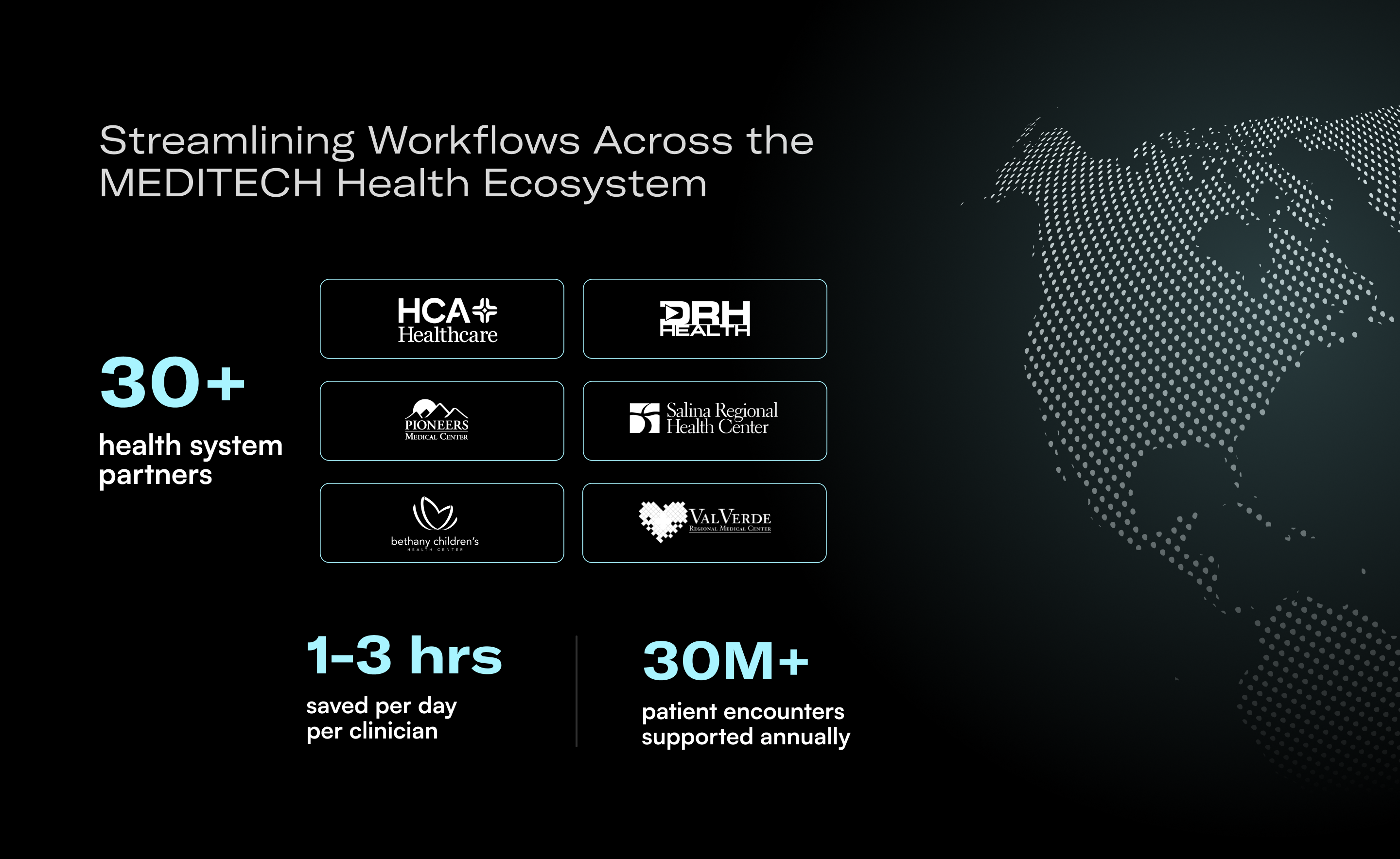


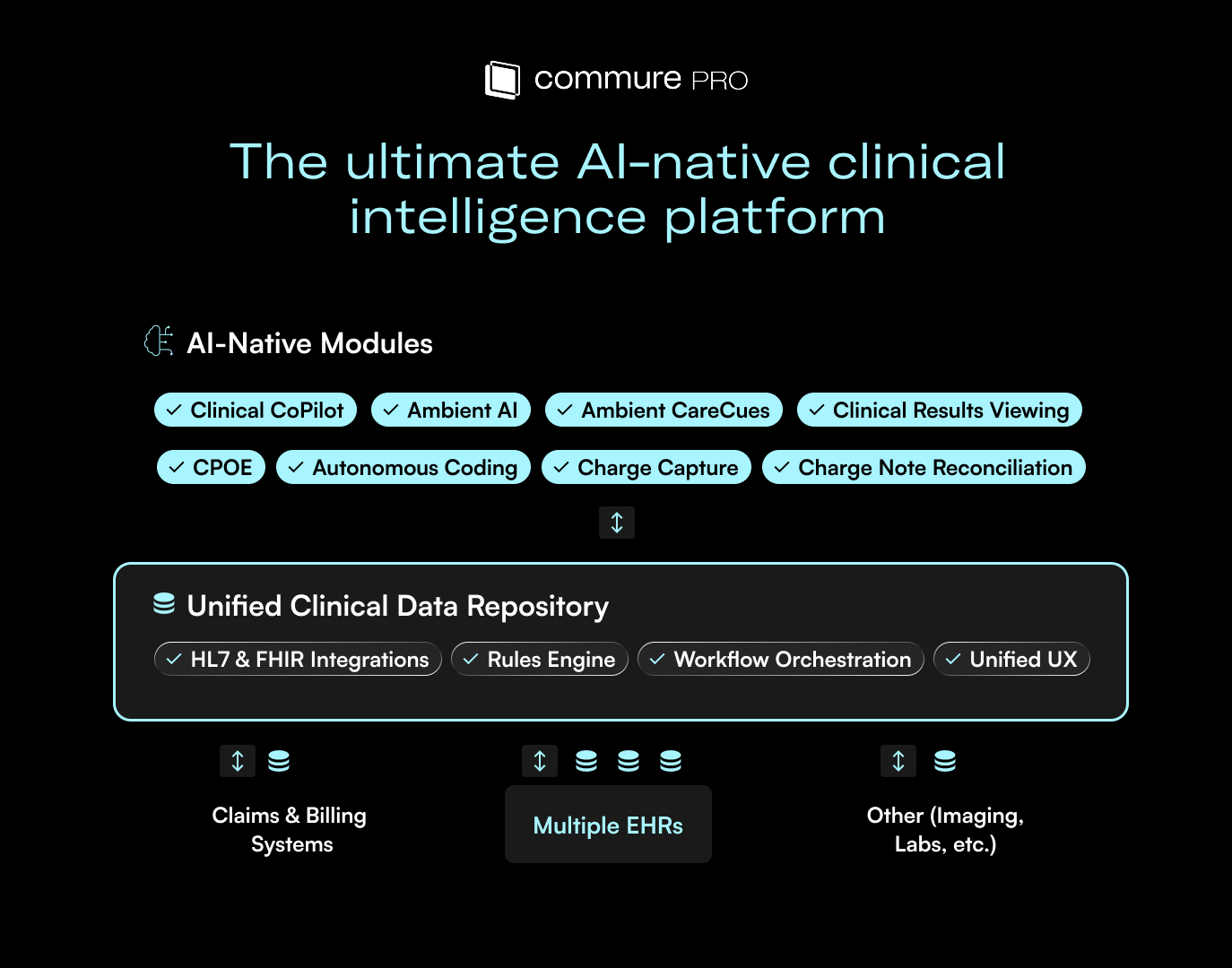

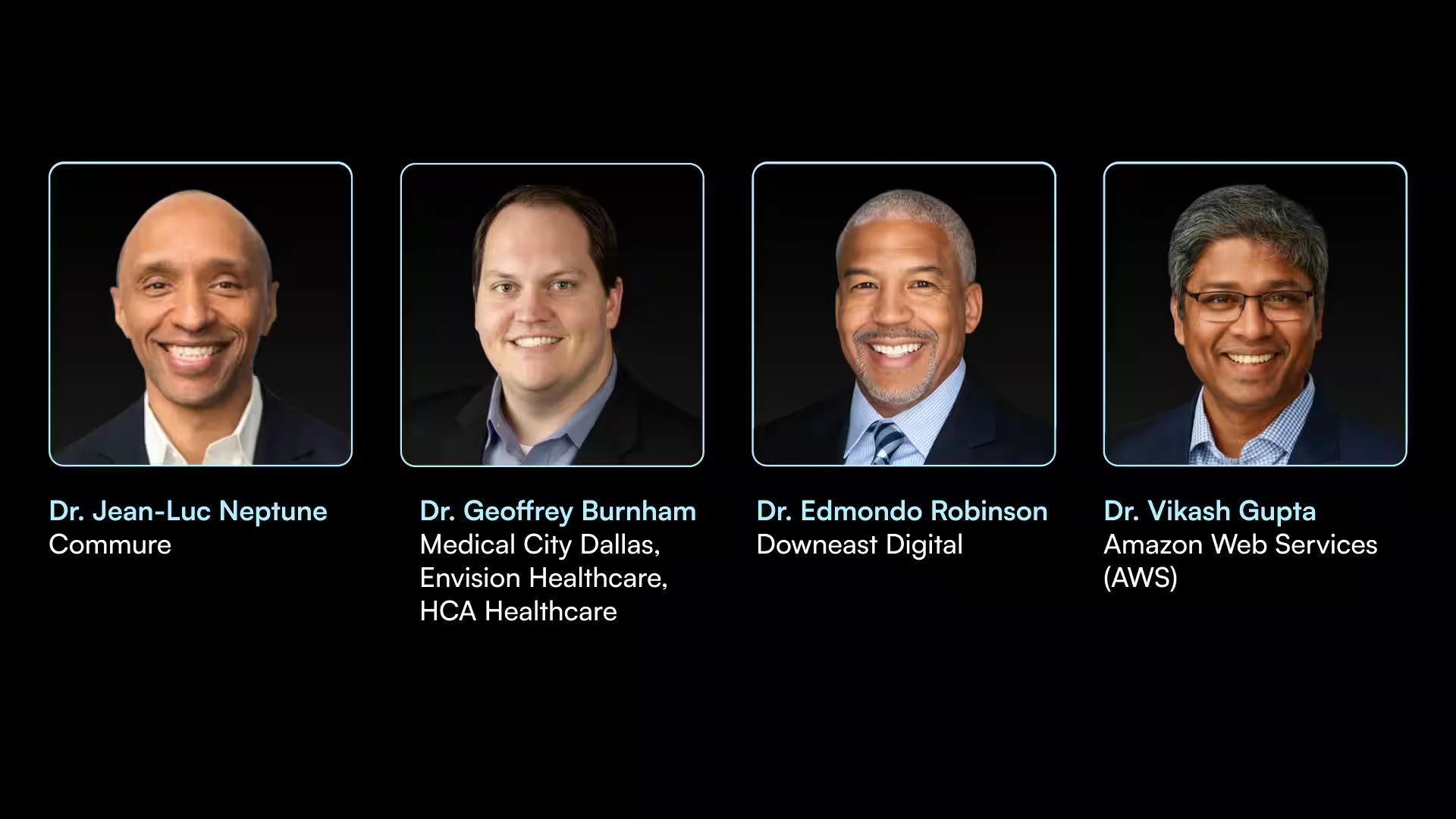

.avif)
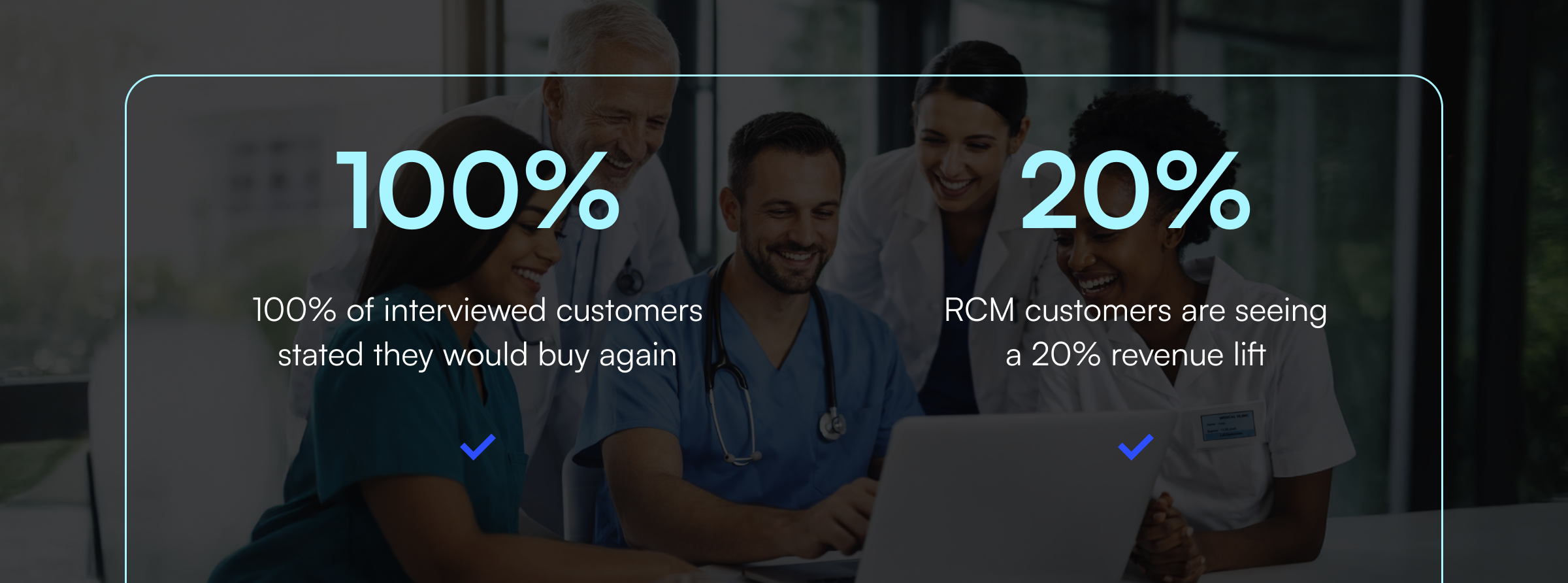
.png)
